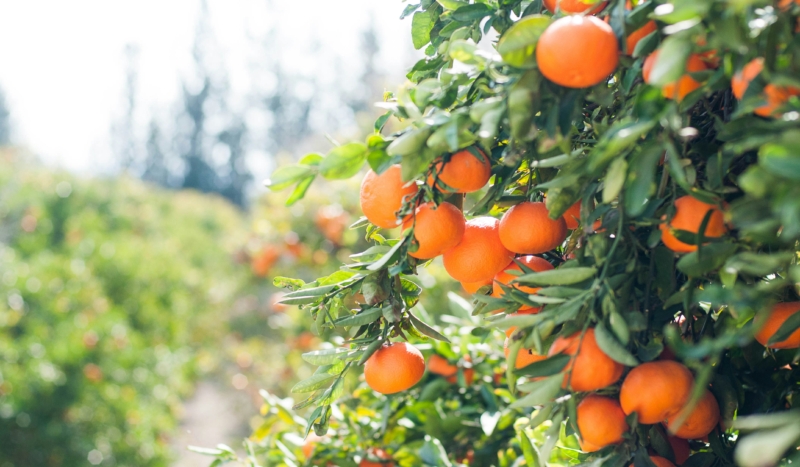
iconquistador / Unsplash
Pope Leo XIV told attendees of the United Nations (UN) Food and Agriculture Organization (FAO) Conference in a June 30 address that global food security is “deteriorating” and that reversing this trend requires investing in sustainable food systems.
The Pope extended a kind greeting to the attendees and especially to FAO Director-General Qu Dongyu “in appreciation of the work the Organization is doing on a daily basis to seek adequate responses to the problem of food insecurity and malnutrition, which continues to represent one of the greatest challenges of our time.”
The Church supports efforts to end hunger, following the words and example of Jesus, Who was concerned with feeding the multitude and blessed the disciples for their work to address the problem, Pope Leo said.
“However, when we read the account of what is commonly called the ‘multiplication of the loaves’, we realize that the real miracle performed by Christ was to show that the key to overcoming hunger lies in sharing rather than in greedily hoarding,” the Pontiff remarked. “This is something we may have forgotten today because, although some significant steps have been taken, global food security continues to deteriorate.”
It appears more and more unlikely that the UN will reach its 2030 Agenda goal of “Zero Hunger,” he noted.
“This means that we are far from fulfilling the mandate that gave rise to this intergovernmental institution in 1945,” the Pope said.
Pope Leo emphasized that people are suffering immensely from food insecurity and cannot reach solutions to the problems alone.
“The continuing tragedy of widespread hunger and malnutrition, which persists in many countries today,” he said, “is sadder and more shameful when we realize that, although the earth is capable of producing enough food for all human beings, and despite international commitments to food security, it is unfortunate that so many of the world’s poor still lack their daily bread.”
The Pope then condemned the weaponization of hunger, which he said “we are currently witnessing with despair” as many conflicts involve groups of armed civilians which use tactics such as burning land, stealing livestock, and blocking aid from unarmed civilians. He urged for people to not simply talk about the problems but to actually pursue solutions to them.
>> Pope denounces using starvation as weapon of war <<
“Political crises, armed conflicts and economic turbulence play a central role in the worsening of the food crisis, hindering humanitarian aid and compromising local agricultural production, thus negating not only access to food, but also the right to lead a life of dignity and opportunity,” Pope Leo said. “It would be a fatal error not to heal the wounds and fractures caused by years of selfishness and superficiality. Likewise, without peace and stability, it will not be possible to guarantee resilient agricultural and food systems, nor to ensure a healthy, accessible and sustainable food supply for all.”
As such, dialogue between enemies is essential, as is returning to “a sense of humanity and fraternity” and a willingness to listen and understand each other, he said.
He then spoke about the urgent need for food systems to be sustainable, in ways that respect and steward creation rather than exploit it.
“Food systems have a major influence on climate change, and vice versa. The social injustice caused by natural disasters and the loss of biodiversity must be reversed in order to achieve a just ecological transition, that places the environment and people at the centre,” Pope Leo said. “To protect ecosystems and disadvantaged communities, including indigenous peoples, the mobilization of resources by governments, public and private entities, national and local agencies is needed to adopt strategies that prioritize the regeneration of biodiversity and soil richness.”
Further, he said it “is not enough” to merely produce food, but society must ensure the food is affordable and nutritional for everyone.
“Never before has it been more urgent than it is now for us to become peacemakers working for the common good, for what is good for all and not just for the few, who are always the same,” the Pope emphasized. “To ensure peace and development, understood as the improvement of the living conditions of populations suffering from hunger, war and poverty, concrete actions are needed, rooted in serious and far-sighted approaches.”

